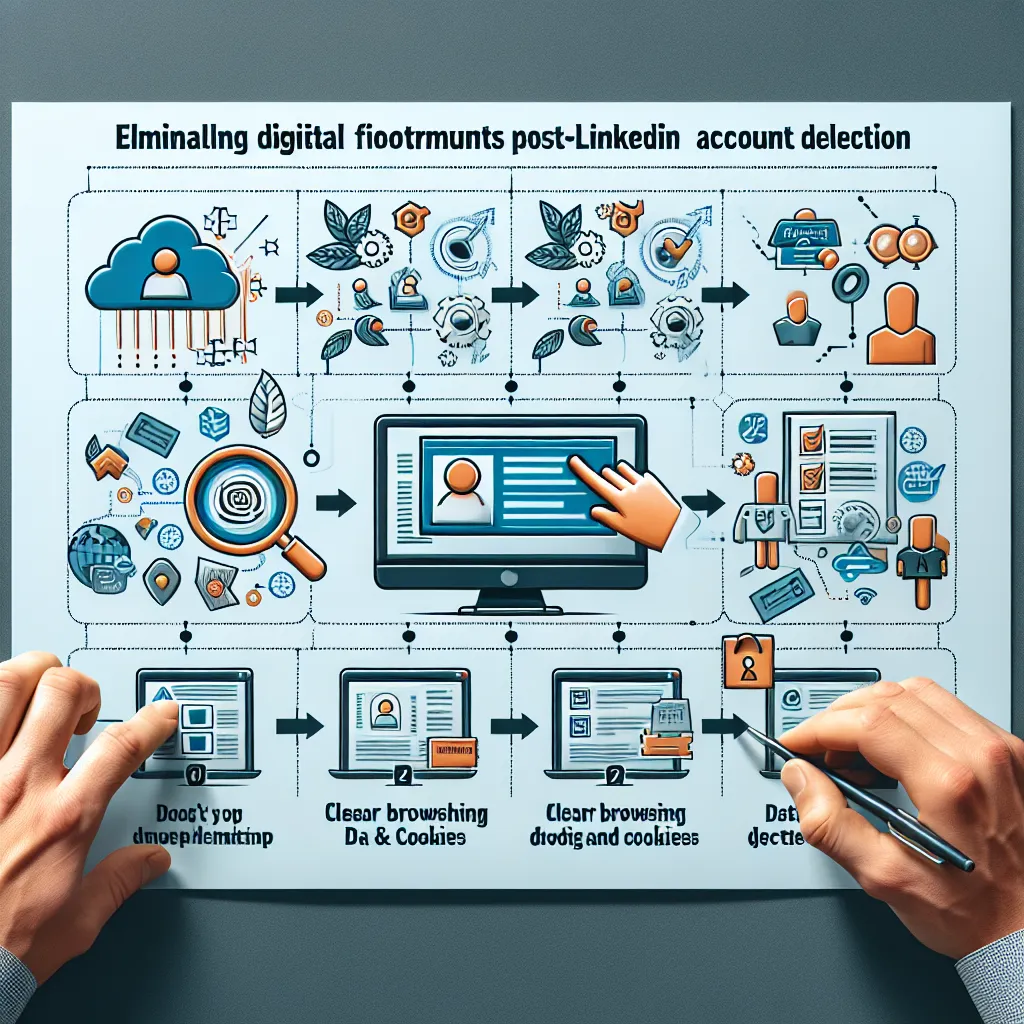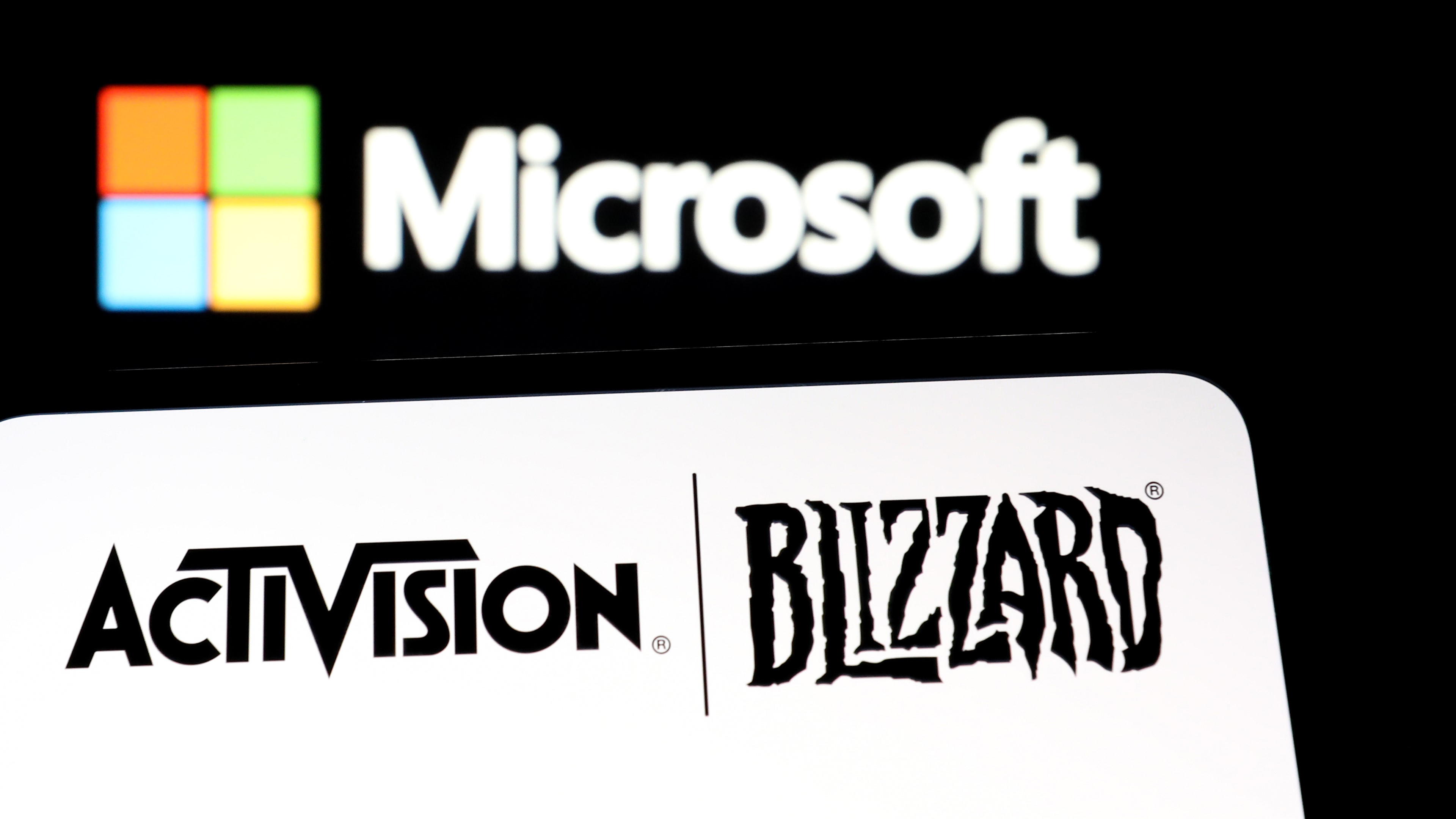Protecting Your Privacy: A Guide To Deleting Your Online Information

Table of Contents
Understanding Your Digital Footprint
What is a Digital Footprint?
Your digital footprint encompasses all the information about you that exists online. This includes everything from your social media profiles and online purchases to your browsing history, search queries, and even comments you've left on various websites. It's a vast collection of data that paints a picture of your online activities and personal information. Understanding the components of your digital footprint is the first step in managing and controlling it. Think of it as your online reputation, only instead of reviews, it is made of every digital interaction you have ever had.
Why Delete Your Online Information?
The reasons for wanting to delete online information are numerous and compelling. Many individuals seek to remove information to mitigate several key risks.
- Increased Security from Identity Theft and Data Breaches: Reducing your online presence minimizes your vulnerability to identity theft and data breaches. The less information available online, the harder it is for malicious actors to exploit your personal data.
- Improved Privacy and Control Over Personal Data: Deleting online information gives you greater control over your personal data and allows you to actively manage your online privacy. You get to determine what information is accessible and to whom.
- Enhanced Reputation Management: Deleting negative or outdated information can help protect your online reputation and ensure a positive online presence, especially crucial for professional reasons.
- Reduced Exposure to Targeted Advertising: By limiting the data collected about you, you can significantly reduce your exposure to targeted advertising and unwanted marketing communications. This allows you to regain control over your online experience.
- Compliance with Data Protection Regulations (GDPR, CCPA, etc.): In many jurisdictions, individuals have legal rights to access, modify, and delete their personal data. Deleting online information can help ensure compliance with these regulations.
Deleting Information from Social Media Platforms
Step-by-Step Guides for Popular Platforms
Deleting your information from social media platforms requires a platform-specific approach. Here's a summary to get you started. Note: Instructions may vary slightly depending on your device and platform updates. Always check the platform's help section for the most up-to-date procedures.
- Facebook: Go to Settings & Privacy > Your Facebook Information > Deactivation and Deletion. Choose to deactivate or delete your account.
- Instagram: Go to your profile > Settings > Account > Delete Account.
- Twitter: Go to Settings and Privacy > Your account > Deactivate your account. (Note: Twitter doesn't offer complete data deletion in the same manner as other platforms)
- LinkedIn: Go to Settings & Privacy > Account Management > Closing Your Account. You can choose to archive or delete.
Understanding Data Retention Policies
Even after deleting your account, some data might persist due to each platform's data retention policies. These policies vary, and it's crucial to understand what information might remain accessible even after you've taken steps to delete it. Review the individual platform's privacy policy for specifics.
- Often, some data is kept for legal or technical reasons.
- Backups of your data might be stored separately.
- Information may be shared with third-party services that retain their own copies.
Removing Information from Search Engines
The Limitations of Search Engine Removal
Removing information from Google, Bing, and other search engines is challenging. It's not guaranteed, and success depends on factors like the age, nature, and location of the information.
Utilizing Google's Removal Request Tool
Google offers a removal tool to request the removal of outdated or inaccurate personal information from its search results. The process involves submitting a request explaining why the information should be removed and providing supporting documentation. Success is not guaranteed, and Google will assess each request individually.
Dealing with Negative Search Results
If you encounter negative search results that impact your reputation, you have several options:
- Reputation Management Services: Consider using professional reputation management services to help you manage and mitigate the impact of negative information.
- Creating Positive Content: Create positive content that pushes down negative search results by organically ranking higher in search engine results. This may include publishing articles, press releases, or other positive online content.
Protecting Yourself from Future Data Collection
Browser Privacy Settings
Utilizing your browser's privacy settings is crucial for mitigating future data collection.
- Disable Cookies: Cookies track your browsing activity. Disabling them limits tracking.
- Use Incognito Mode: Incognito mode prevents your browser from saving your browsing history and cookies.
- Enable Do Not Track: This setting signals to websites that you don't want to be tracked. Note that it's not universally respected.
Using VPNs and Privacy Tools
VPNs (Virtual Private Networks) encrypt your internet traffic and mask your IP address, making it more difficult to track your online activity. Other privacy tools like privacy-focused browsers can also enhance your online security.
Being Mindful of Online Activity
The most effective way to protect your privacy is to be mindful of what information you share online and which websites you visit. Avoid sharing sensitive personal data unnecessarily and be cautious about clicking on suspicious links or downloading files from unknown sources.
Conclusion
Deleting online information is a proactive step towards protecting your privacy and managing your digital footprint. By understanding your digital footprint, deleting data from social media, removing information from search engines, and protecting yourself from future data collection, you can significantly enhance your online privacy. Start protecting your online privacy today by deleting unnecessary information and employing the strategies outlined in this guide. Take the first step towards reclaiming your online privacy: begin deleting your unwanted digital footprint now. For further reading on data privacy and information removal, explore resources like [link to relevant resource 1] and [link to relevant resource 2].

Featured Posts
-
 Condo Owners Selling In Florida A Deep Dive Into Market Trends
Apr 23, 2025
Condo Owners Selling In Florida A Deep Dive Into Market Trends
Apr 23, 2025 -
 Ftc Challenges Court Ruling On Microsofts Activision Deal
Apr 23, 2025
Ftc Challenges Court Ruling On Microsofts Activision Deal
Apr 23, 2025 -
 Gerusalemme 200 Manifestanti Dopo Gli Atti Vandalici Contro Attivita Commerciali Palestinesi
Apr 23, 2025
Gerusalemme 200 Manifestanti Dopo Gli Atti Vandalici Contro Attivita Commerciali Palestinesi
Apr 23, 2025 -
 Le Point De Vue D Amandine Gerard Sur Les Relations Commerciales Europe Marches
Apr 23, 2025
Le Point De Vue D Amandine Gerard Sur Les Relations Commerciales Europe Marches
Apr 23, 2025 -
 Aaron Judges Historic Home Run Show Yankees Smash Team Record With 9 Blast Game
Apr 23, 2025
Aaron Judges Historic Home Run Show Yankees Smash Team Record With 9 Blast Game
Apr 23, 2025
Latest Posts
-
 Novoe Soglashenie Mezhdu Frantsiey I Polshey Analiz Ekspertov Unian
May 10, 2025
Novoe Soglashenie Mezhdu Frantsiey I Polshey Analiz Ekspertov Unian
May 10, 2025 -
 Frantsiya I Polsha Ukreplyayut Otnosheniya Detali Novogo Dogovora
May 10, 2025
Frantsiya I Polsha Ukreplyayut Otnosheniya Detali Novogo Dogovora
May 10, 2025 -
 Unian Makron I Tusk Gotovyatsya K Podpisaniyu Vazhnogo Dogovora
May 10, 2025
Unian Makron I Tusk Gotovyatsya K Podpisaniyu Vazhnogo Dogovora
May 10, 2025 -
 Dogovor Frantsii I Polshi Chto Ozhidat Ot Sotrudnichestva Makrona I Tuska
May 10, 2025
Dogovor Frantsii I Polshi Chto Ozhidat Ot Sotrudnichestva Makrona I Tuska
May 10, 2025 -
 Frantsiya Polsha Soglashenie Makrona I Tuska Klyuchevye Punkty
May 10, 2025
Frantsiya Polsha Soglashenie Makrona I Tuska Klyuchevye Punkty
May 10, 2025
